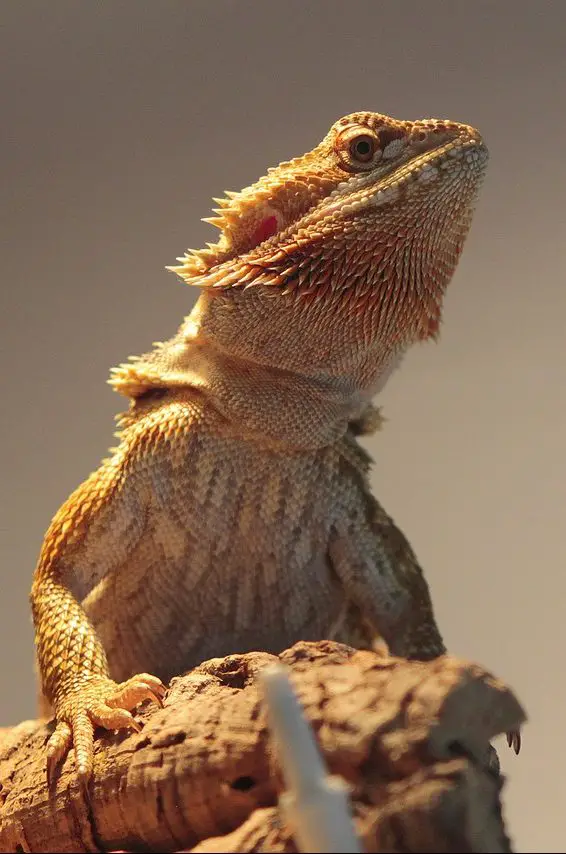Where Does The Bearded Dragon Live - Are you thinking about getting a bearded dragon as a pet? These reptiles are fascinating creatures that can make great pets with the right care and attention. But before you take the plunge, it's important to understand how long bearded dragons live and what you'll need to do to care for them throughout their lifespan.
How Long Do Bearded Dragons Live?
Bearded Dragon Lifespan
One of the most important things to know about bearded dragons is that they can live for a long time - typically between 8 and 15 years, but sometimes even longer in some cases! This means that taking care of a bearded dragon is a long-term commitment that requires a lot of dedication and responsibility.

Providing A Suitable Home For Your Bearded Dragon
Bearded Dragon Homes
When creating a home for your bearded dragon, there are a few key things to consider. Firstly, the enclosure should be large enough to accommodate your pet at its full size. As bearded dragons can grow up to 24 inches long, a standard 40-gallon tank is usually the minimum size required. However, if you can provide more space, that's great!
Next, you'll need to choose the right substrate to line the bottom of the tank. Avoid small, loose substrates that can cause impaction if ingested, and opt for something like reptile carpet, paper towels, or even ceramic tiles.
Bearded dragons also need a basking spot with a temperature gradient of 90-110 degrees Fahrenheit, as well as a cooler side for them to escape to if necessary. You'll also need to provide a variety of different hiding spots and climbing opportunities for your bearded dragon to explore and exercise.
What Do Bearded Dragons Eat?
Feeding Your Bearded Dragon
Bearded dragons are omnivores, which means they eat a range of different foods to stay healthy. Their diet should ideally consist of 80% vegetables and 20% insects, although this can vary depending on the size and age of your pet, as well as their individual preferences.

Safe vegetable options for bearded dragons include leafy greens like collards, mustard greens, and kale, as well as carrots, squash, and sweet potatoes. Insects should be gut-loaded with a nutritious diet before feeding and can include crickets, dubia roaches, and mealworms, among others. Don't forget to provide a calcium supplement to ensure your bearded dragon's bones stay strong!
How To Keep Your Bearded Dragon Healthy
Bearded Dragon Health
Keeping your bearded dragon healthy involves more than just providing a good home and a nutritious diet. You'll also need to monitor their health regularly and take them to see a reptile veterinarian if you notice any signs of illness.

Some common signs of illness in bearded dragons include lethargy, loss of appetite, diarrhea, and weight loss or gain. You should also keep an eye out for any changes to their skin, such as discolouration or peeling, which could be a sign of a more serious health issue.
Finally, it's important to remember that bearded dragons are social animals and benefit from regular interaction with their owners. Spend time with your pet, provide them with toys and other enrichment opportunities, and make sure they get enough exercise and stimulation to keep them happy and healthy.
By following these tips and guidelines, you can help ensure that your bearded dragon lives a long, healthy, and happy life. So why not consider bringing one of these fascinating creatures into your home and see what wonders they have in store for you?
Conclusion
Bearded dragons are amazing pets that can provide a lot of joy to their owners. However, they require a lot of dedication and responsibility to care for properly. By providing a suitable home, a nutritious diet, and regular veterinary care, you can help ensure that your bearded dragon lives a long and happy life with you by its side.
Read more articles about Where Does The Bearded Dragon Live